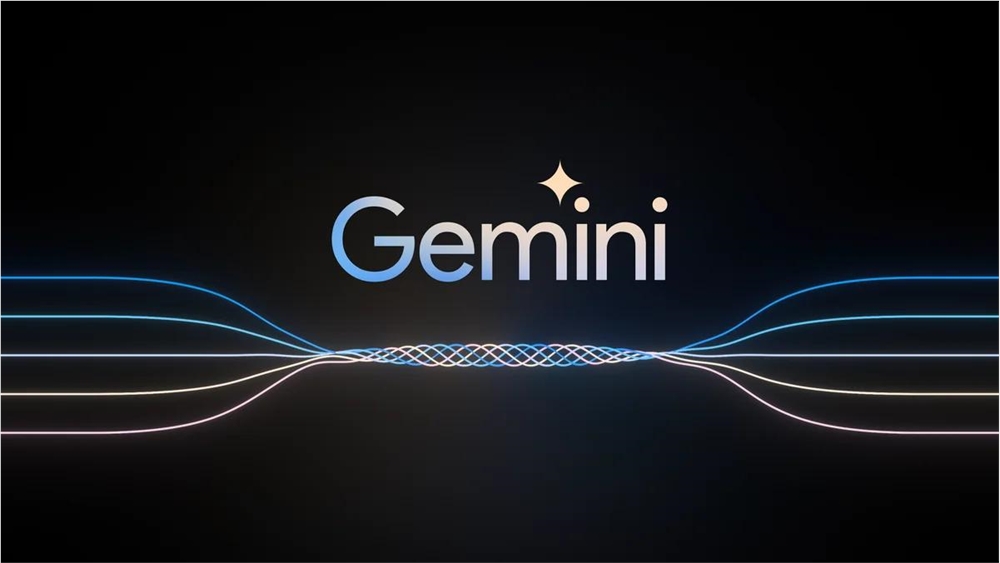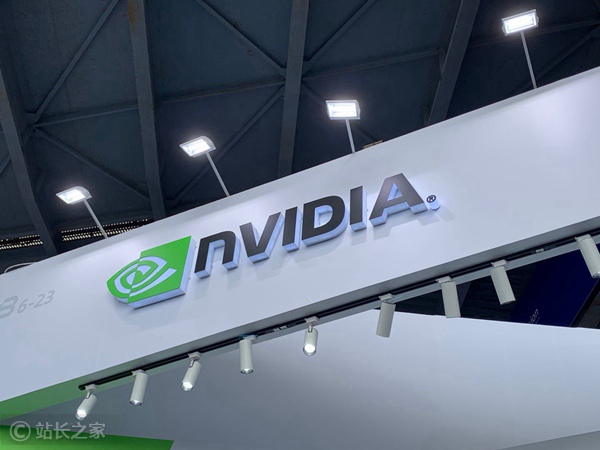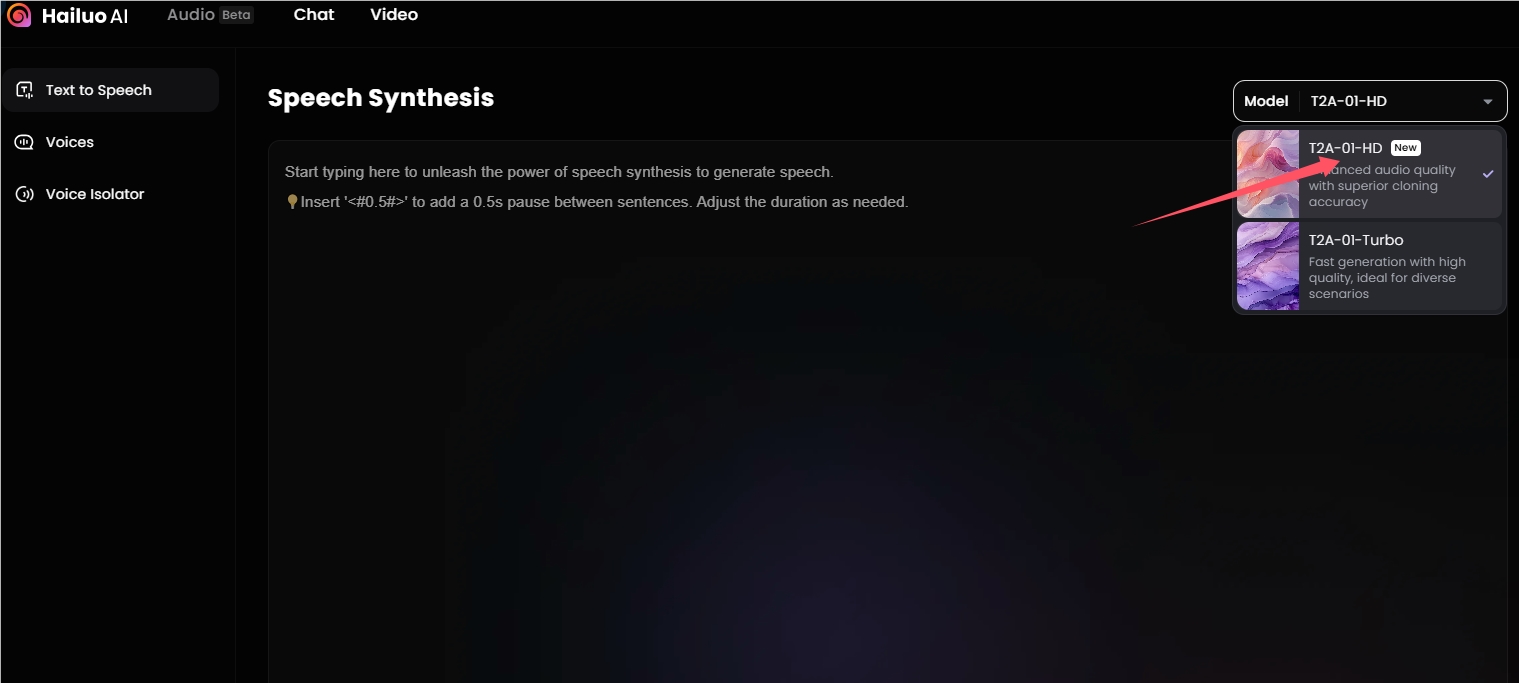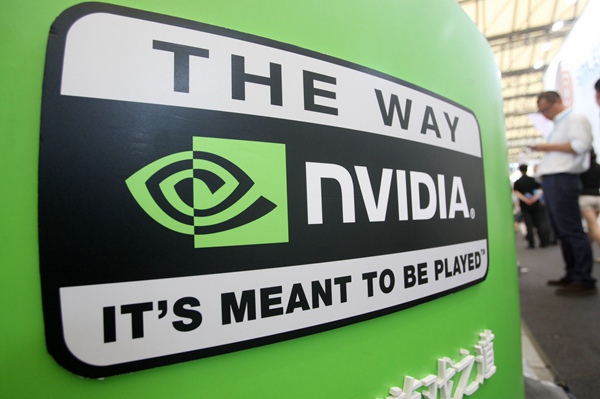In the latest report, Google CEO Sundar Pichai expressed strong confidence in the company’s self-developed Gemini AI technology. He believes that Gemini's capabilities have surpassed its main competitors in the market and become the "most powerful" AI technology on the market. However, he also pointed out that Google still needs to make more efforts to make consumers really pay attention to this technology.

Pichai recently revealed to employees that his goal is to attract 500 million users of Gemini's chatbot by the end of 2025. This goal seems quite challenging because the current market leader ChatGPT has reached approximately 300 million weekly users. Although Google is one of the pioneers in the field of AI and began investing in chatbot technology many years ago, it was caught off guard when ChatGPT was launched at the end of 2022 and quickly began to catch up.
Currently, Gemini does not generate significant revenue for Google, but its importance cannot be underestimated. With the gradual application of AI technology in search engines and advertising businesses, Google must maintain its technological leadership to ensure a place in the increasingly competitive market. Pichai has also said that 2025 will be a critical turning point, and Google needs to speed up its pace to cope with increasing competition, regulatory pressure and a rapidly changing technology environment.
He emphasized: "We must deeply understand the current urgency and focus on promoting technological changes and solving users' practical problems." This statement not only conveyed Google's expectations for the future, but also demonstrated a clear understanding of current market challenges. Know.
Google's efforts in the field of AI are not only related to the technology itself, but also closely related to future business models and market competition. Pichai's vision is obviously not limited to the launch of products, but hopes to set a benchmark in the industry through Gemini and bring long-term competitive advantages to Google.
AI courses are suitable for people who are interested in artificial intelligence technology, including but not limited to students, engineers, data scientists, developers, and professionals in AI technology.
The course content ranges from basic to advanced. Beginners can choose basic courses and gradually go into more complex algorithms and applications.
Learning AI requires a certain mathematical foundation (such as linear algebra, probability theory, calculus, etc.), as well as programming knowledge (Python is the most commonly used programming language).
You will learn the core concepts and technologies in the fields of natural language processing, computer vision, data analysis, and master the use of AI tools and frameworks for practical development.
You can work as a data scientist, machine learning engineer, AI researcher, or apply AI technology to innovate in all walks of life.







